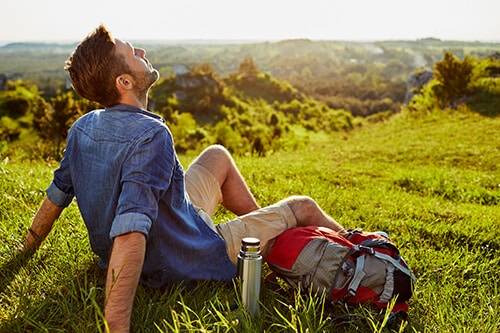Wilderness Therapy Activities
Activities
Drug abuse doesn’t just affect your body. In fact, it also takes a toll on your mind, emotions, and spiritual well being. Experiential therapies can make a significant difference during your recovery. For example, wilderness therapy is a great option.

What Wilderness Therapy Accomplishes
In addiction treatment, wilderness therapy appeals to your mental and emotional health. Moreover, therapists design activities to be challenging, yet achievable. You don’t have to be ready for an episode of Survivor Man to appreciate the opportunities. In fact, this treatment option is suitable for women and men of all fitness levels.
In the process, you build self-esteem. You recognize that you’re capable of doing more than you give yourself credit for. Furthermore, you also practice interacting with peers who join the group outings. Because so many people struggle with self-isolation, this type of experiential therapy is vital.
Since you’re a member of a group now, you take on social responsibilities. They become more important than your desires to use drugs or alcohol. In addition, you have the opportunity to immerse yourself in the activities. As you do so, you grow emotionally and relationally with others.
What Do Activities Look Like?
Typical examples of wilderness therapy include backpacking, rappelling, hiking, and camping expeditions. Specifically, the goal is to provide you with opportunities for physical activity.
During outings, everyone takes turns trying new things. If you go camping, you might learn how to build a fire. You may experience how to set up camp, put up tents, and designate a cooking area. Maybe you’ll help with cooking and maintaining group morale.
As you move through different tasks and take on varying responsibilities, you grow as a person. Moreover, you learn to trust others and rely on them. You also experience the satisfaction of a job well done and the admiration of peers. Frequently, therapists incorporate modalities into the experience to provide a well-rounded restorative configuration.
An Outing Cannot Stand Alone
- Cognitive Behavioral Therapy (CBT)
- Dialectical behavior therapy
- Family therapy
- Trauma treatment
- Dual diagnosis treatment
- Nutrition education
- Holistic therapy approach